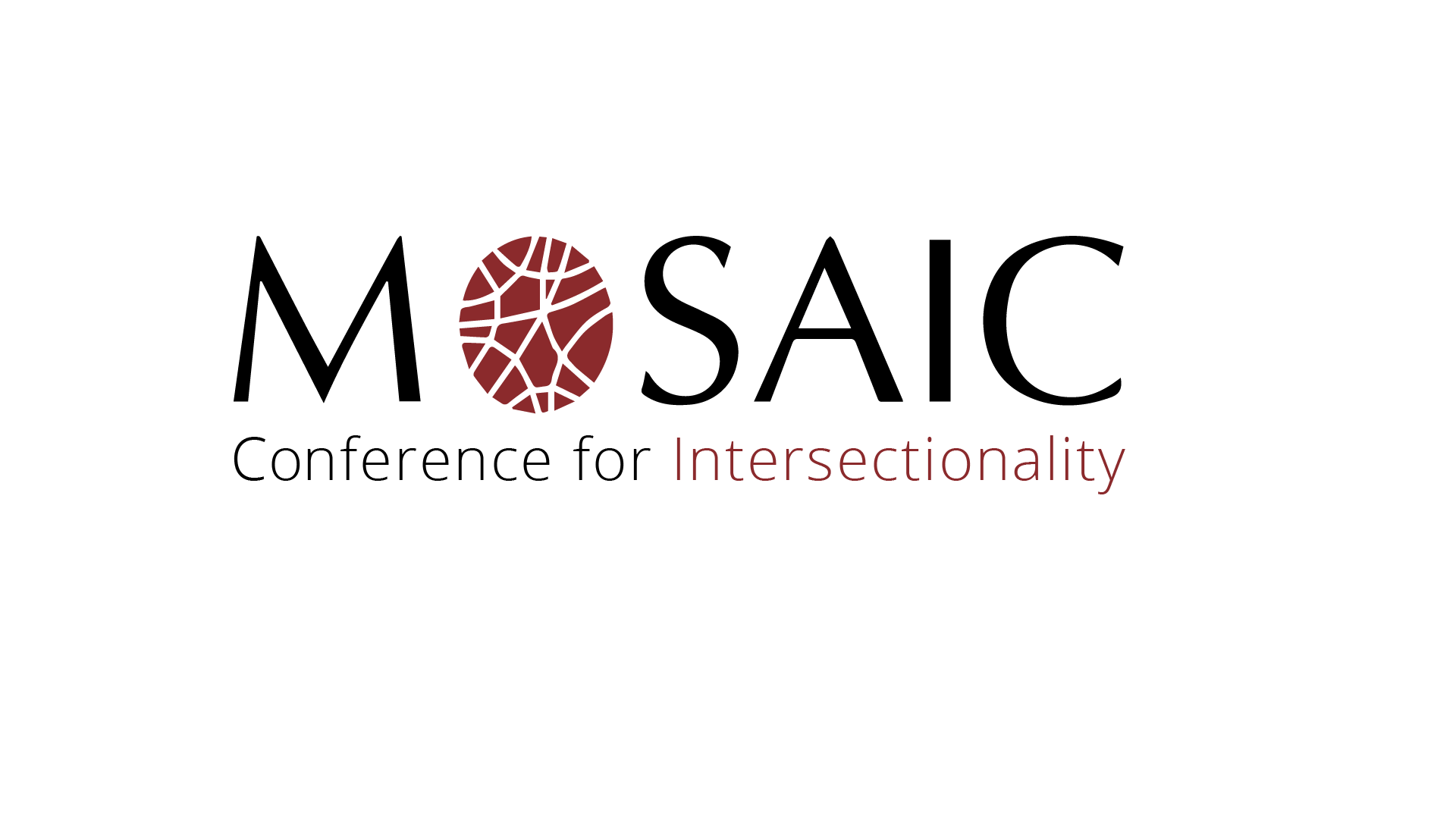Mosaic Conference for Intersectionality
Mosaic is an opportunity to galvanize efforts around diversity, equity and inclusion in Pittsburgh that are occurring inside and outside of the classroom setting. We aim to advance the conversation and provide a platform to uplift the voices and resources within this work. Carnegie Mellon strives to be an example of a university that creates brave spaces to engage in critical dialogue, and Mosaic is a poignant example of this.
Through the lens of intersectionality, we engage in critical community conversations about the societal and political contexts that we inhabit, the injustices that mar our collective humanity, and what it means to re-engage with that humanity.
For over 25 years, Mosaic has been an opportunity to reflect deeply and act concretely for justice and community. We hope to provide a space for our community to build solidarity and belongingness with one another.
All members of the CMU community are invited to get involved with Mosaic, whether it's learning more about the longstanding history of the conference, presenting research or hosting a workshop at the conference, or joining the planning committee.
